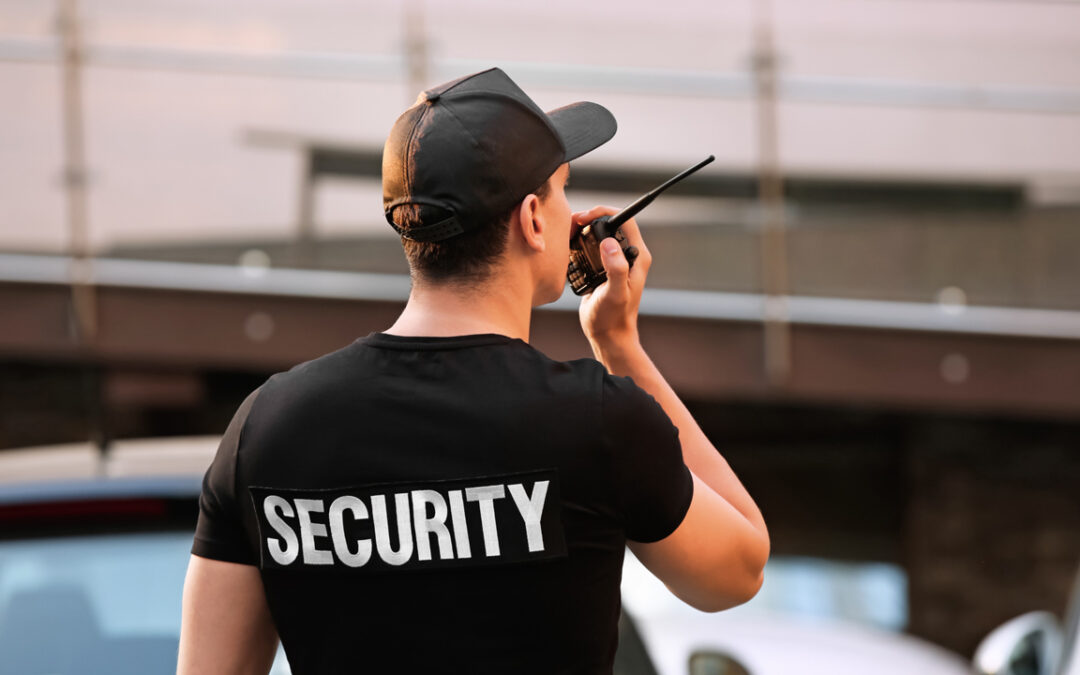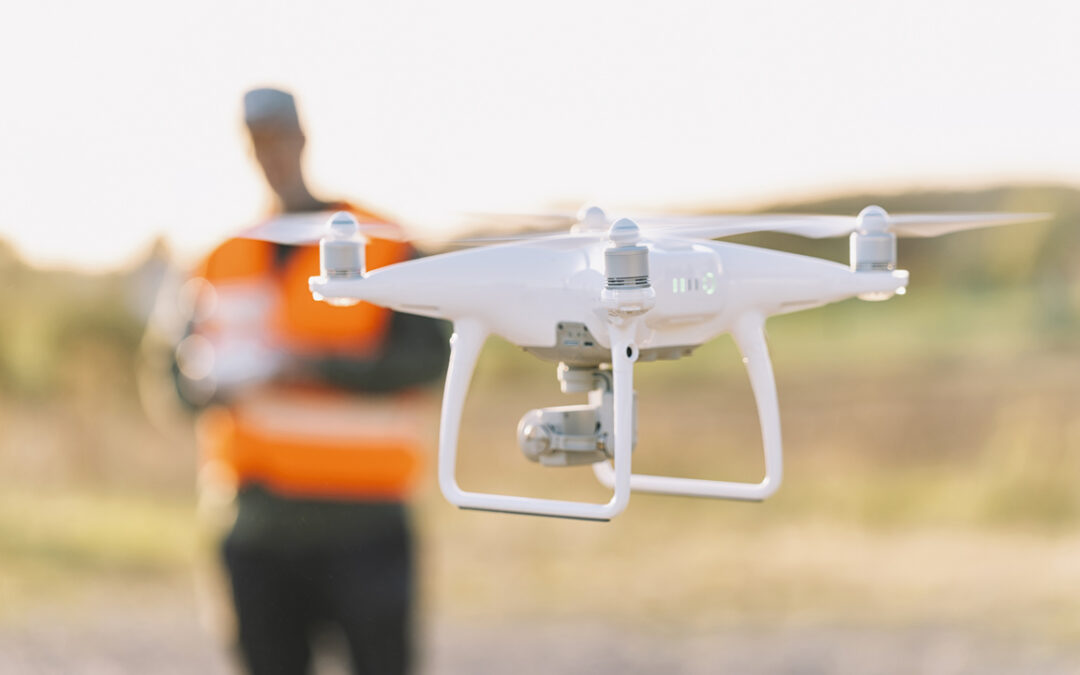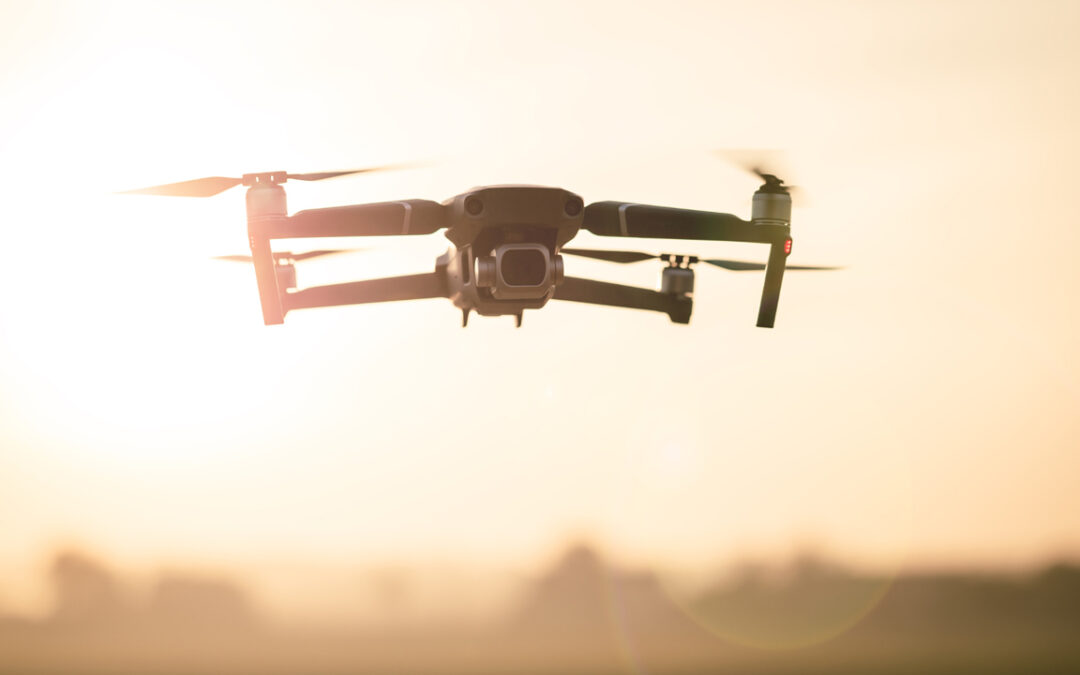BLOG
Protecting your most valuable assets, people, property and information.

Armed Security and Drone Pilot Coverage Services for Shopping Malls in Los Angeles, CA
Armed security and drone coverage services for shopping malls involve the implementation of security measures to ensure the safety of visitors, tenants, and property. Implementing a well-rounded security strategy that combines armed personnel with modern technology like drones can contribute to a safer shopping environment. The ongoing training and regular reviews of security protocols are crucial to adapting to evolving threats.

The Importance of Hiring Armed Private Security Officers on LA Metro or Cities in Los Angeles
Using armed security officers on the LA Metro is important for enhanced security, quick emergency response, risk mitigation, crime prevention, and public confidence. The decision to employ armed security officers involves a careful balance between enhancing security and ensuring the public feels safe, while also considering potential concerns related to the use of firearms in public spaces.

How Armed Security Can Stop Theft in Retail Shops in Los Angeles, California
Armed security can play a role in preventing and addressing retail theft in Los Angeles, California, by employing various strategies. A comprehensive security strategy may involve a combination of technology, personnel, and procedural measures to effectively address retail theft. It is important to note that the use of armed security should be in compliance with local laws and regulations, and high-end retail businesses should carefully consider the potential risks and benefits associated with this approach.

Security Ambassadors will do nothing to stop crime. You must use Armed Security to prevent and stop it.
When deciding between Security Ambassadors and Armed Security, it’s essential to consider your specific security needs and the nature of the environment you’re securing. The choice depends on the specific security requirements of your location. It’s crucial to conduct a thorough risk assessment or consult with WPG security professionals to determine the most appropriate solution for your needs.

Armed Private Security Agents are being trained as Drone Pilots
Armed private security agents are now being cross-trained as drone pilots as part of the developments and initiatives in the field of executive protection. Special private security agents can take several steps to enhance and increase their skills for better client safety. Contact WPG to learn more about private security and drone training programs.

Empowering Armed Security FAA Drone Pilots: How Private Security Steps Up Amidst LAPD and LASD Officer Shortages for Enhanced Public Safety in Los Angeles
The LAPD has lost nearly 1,000 officers. Los Angeles wants to rebuild the force as more officers are leaving than joining it. Find out how Armed Private Security with drone training to take on a new public safety role in Los Angeles as LAPD and LASD officer numbers fall.

Our Executive Protection Drones can be programmed to Protect Multiple Estates in Beverly Hills.
Executive Protection Drones can provide security for multiple estates in Beverly Hills by employing advanced technology and programming. These drones are equipped with various features to ensure the safety and protection of the properties they guard. Here’s some information about how they can be programmed and their key capabilities.

All Women and Older People Should Carry Pepper Spray to Protect themselves.
Pepper spray can be an effective tool for personal safety, as it can incapacitate an attacker temporarily, allowing the potential victim to escape and seek help. However, laws regarding the possession and use of pepper spray vary by location. It’s important to be aware of the local regulations and restrictions in your area. Some places may have age restrictions or require a permit to carry pepper spray. Consult with a security expert or with executive protection for enhanced security measures.

How can you be prepared as smash-and-grab crimes and street attacks in Los Angeles increase?
Smash and grab incidents are on the rise and occur daily, indicating that criminals are targeting various types of stores, ranging from luxury brands to convenience stores, and engaging in theft. Sometimes, this involves breaking into the shop through windows, while...

Is Malibu prepared for a disaster like what happened in Maui? How can a private security firm help?
Is Malibu prepared for a disaster like what happened in Maui? How can a private security firm help? It’s important to emphasize that while private security firms can play a role in disaster preparedness and response, they should work in coordination with local authorities and follow established emergency protocols. Read on to get specific and up-to-date information about Malibu’s disaster preparedness and the involvement of private security firms.







